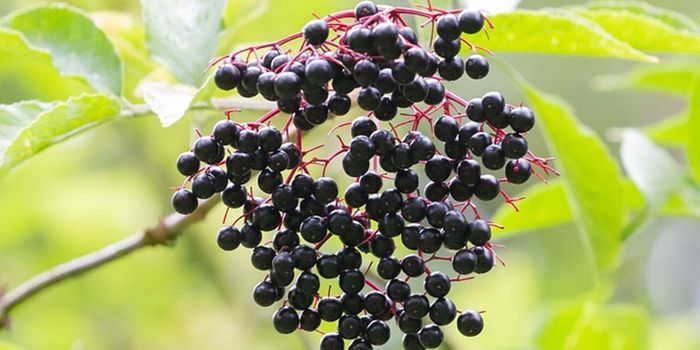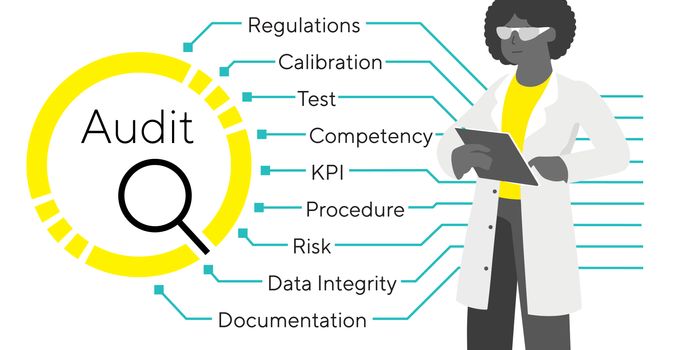The World's Deadliest Insect VS. mRNA Vaccines
Millions of deaths each year are caused by vicious blood-draining bites from the world’s deadliest insect, the mosquito. To obtain this prestigious status, the mosquito received ample assistance from the malaria-causing parasite Plasmodium falciparum. Now, German company BioNTech has announced their “aim to develop the first mRNA-based vaccine for malaria prevention.”
Image Credit the History of Medicine, public domain.
As part of their BNT165 program, the company plans on initiating in-human Phase 1 trials in 2023. This program also features building manufacturing facilities in Africa and other malaria-prone regions.
The vaccine’s trial will test a select set of mRNA-encoded antigens. The immune response of 60 trial participants will narrow down the optimal antigen candidates. Those antigens producing the largest immune response will be selected for future versions of the mRNA vaccine.
There are three different types of vaccines which target specific stages in the p. falciparum’s life cycle: pre-erythrocytic, blood-stage, and transmission-blocking. While Clinical Trial Arena reports BNT165 as “preventing blood-stage Malaria infection,” the focus on the circumsporozoite protein suggests BioNTech is taking a different vaccine approach.
BNT165b1 “expresses certain parts of the circumsporozoite protein (CSP).” Mosquitos transfer spore-like parasitic cells called sporozoites to a host during a blood meal. These CSP-coated p. falciparum cells travel via the bloodstream to infect liver cells. Developing a vaccine expressing certain parts of the CSP would suggest it targets the liver-attacking sporozoite stage of p. falciparum’s lifecycle. This approach would be pre-erythrocytic, not post-liver-infection blood stage.
Because specifics were missing from BioNTech’s press release, it’s impossible to know the scope of their multi-antigen approach. By adding additional targets from other disease stages, the multi-antigen approach could provide a patient’s immune system ample target practice against all versions of the malaria invader.
If successfully developed, BioNTech’s vaccine will likely compete with other malaria vaccines, such as GSK’s RTS or the new R21 version, which could be licensed as soon as 2023. Competition between drug companies ensures lower deaths attributed to the mosquito-mounted parasite. Health research and interventions have cut the number of malaria deaths in half since 2001.
Sources: BioNTech, CDC, Research Square, Clinical Trial Arena, Drug Discovery & Development









